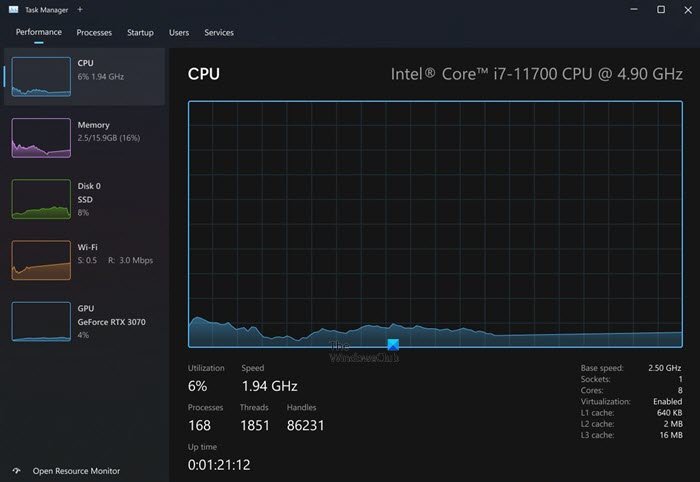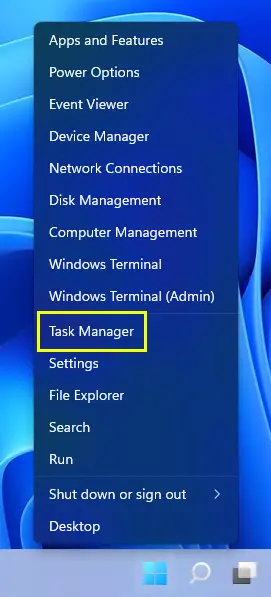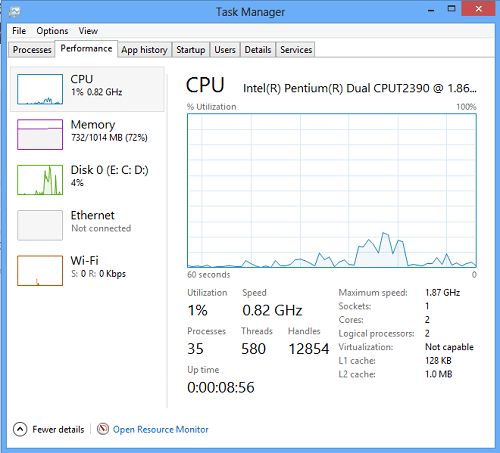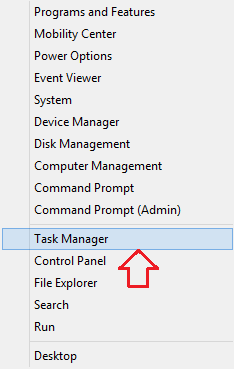The Windows Task Manager helps in getting information about computer performance, running applications, processes and more. In short, you can use the handy Windows tool to start certain programs or end them. It is more of a troubleshooting tool for beginners, which is broken up into multiple tabs. Each tab is associated with a particular category such as the running applications, running processes, Windows Services, the computer’s performance, network utilization, and the users that are currently logged in. If you are connected to a network, you can also use Task Manager to view network status and see how your network is functioning.

The Task Manager has evolved with time right from Windows 3 to Windows 11 and the new Windows Task Manager, now offers a lot ofinformation. We have already seen how the Windows 7 Task Manager works and also the features of the Windows 10 Task Manager, as well as of the Windows 11 Task Manager, including how to understand the heat map of the Task Manager in Windows 11/10. In this post we will see ways to open the Windows Task Manager, using the keyboard shortcut, CMD, Run, Taskbar, WinX Menu, etc.
How to open Task Manager in Windows 11

If you right-click the taskbar and select Task Manager! To open Task Manager in Windows 11, do the following:
- Right-click on the Start button on the taskbar
- The WinX or Power Menu will fly out
- You will several system tools there including the Task Manager
- Click on Task Manager
- The Windows 11 Task Manager will open.
Apart from this simple method, you can also use these methods:
- Press CTRL+SHIFT+ESC
- Search for Task Manager or Taskmgr.exe and click on it
- Press CTRL+ALT+DEL and then select ‘Start Task Manager’ from the screen
- Type taskmgr in Start box or Run box and hit Enter
- Locate and click on taskmgr.exe in the System32 folder
- Type taskmgr in command-line and hit Enter.
Read: How to open Task Manager as Admin
How to open Task Manager in Windows 10

- Press CTRL+SHIFT+ESC
- Press Win+X to open the Power Task Menu and select the ‘Task Manager’ option.
- Right-click the taskbar and select Task Manager
- Search for Task Manager or Taskmgr.exe and click on it
- Press CTRL+ALT+DEL and then select ‘Start Task Manager’ from the screen.
Let us take a look at these and more ways to do it in Windows 11 or Windows 10.
1] To bring up the Task Manager directly in Windows 11, Windows 10, Windows 8 & Windows 7, press CTRL+SHIFT+ESC instead. This is the Task Manager shortcut in Windows 10.
2] In the most recent versions of Windows – Windows 11 and Windows 10, you can also access the Task Manager from the WinX Menu. All you need to do is Press Win+X in combination to bring up the ‘Power Task Menu’. From there, you can select the ‘Task Manager’ option.

3] It goes without saying you can still always simply right-click the taskbar and select Task Manager in Windows 10 only.
4] Then again, while on the Start, you can search for Task Manager or Taskmgr.exe and click on it. Use this executable to run it using the Run box or a Command Prompt. Create a desktop shortcut, if you wish! It is located in the C:\Windows\System32 folder in Windows 11 and Windows 10.
5] Open a command prompt, type Taskmgr and hit Enter to open the Task Manager in Windows 11 and Windows 10.
6] From the WinX Menu, open the Run box, type taskmgr and hit Enter in Windows 11 and Windows 10.
7] In Windows XP, you hit CTRL+ALT+DEL key combo to get the Task Manager running! Things changed with Windows Vista onwards. Now if you hit CTRL+ALT+DEL, you see a dialog/screen, from where you can select ‘Start Task Manager’.
8] This post will show you how to open Task Manager as Admin.
Tips:
- See this post if you cannot open the Task Manager.
- Use the Task Manager like a desktop widget with its Summary View.
- See how the Windows Task Manager has evolved from Windows 3 to Windows 11.
How do I open Task Manager instead of Ctrl Alt Delete?
In Windows 11/10, there are different ways to open the Task Manager. Ctrl+ Alt + Delete keyboard combination is one of these methods. If you do not want to use the Ctrl + Alt + Delete keyboard shortcut, you can use Windows Search, Run command box, Ctrl + Shift + Esc keyboard shortcut, etc.
If you are looking for more features, perhaps these Task Manager alternative software will interest you.